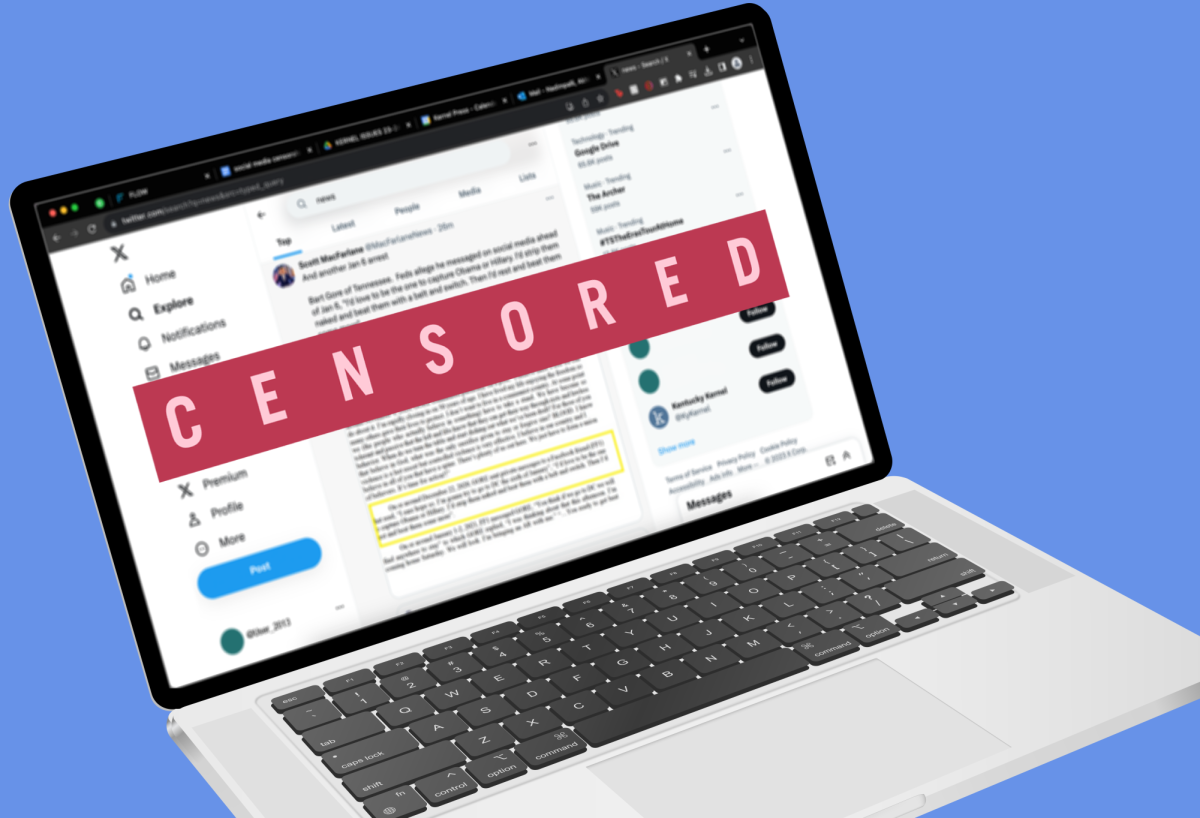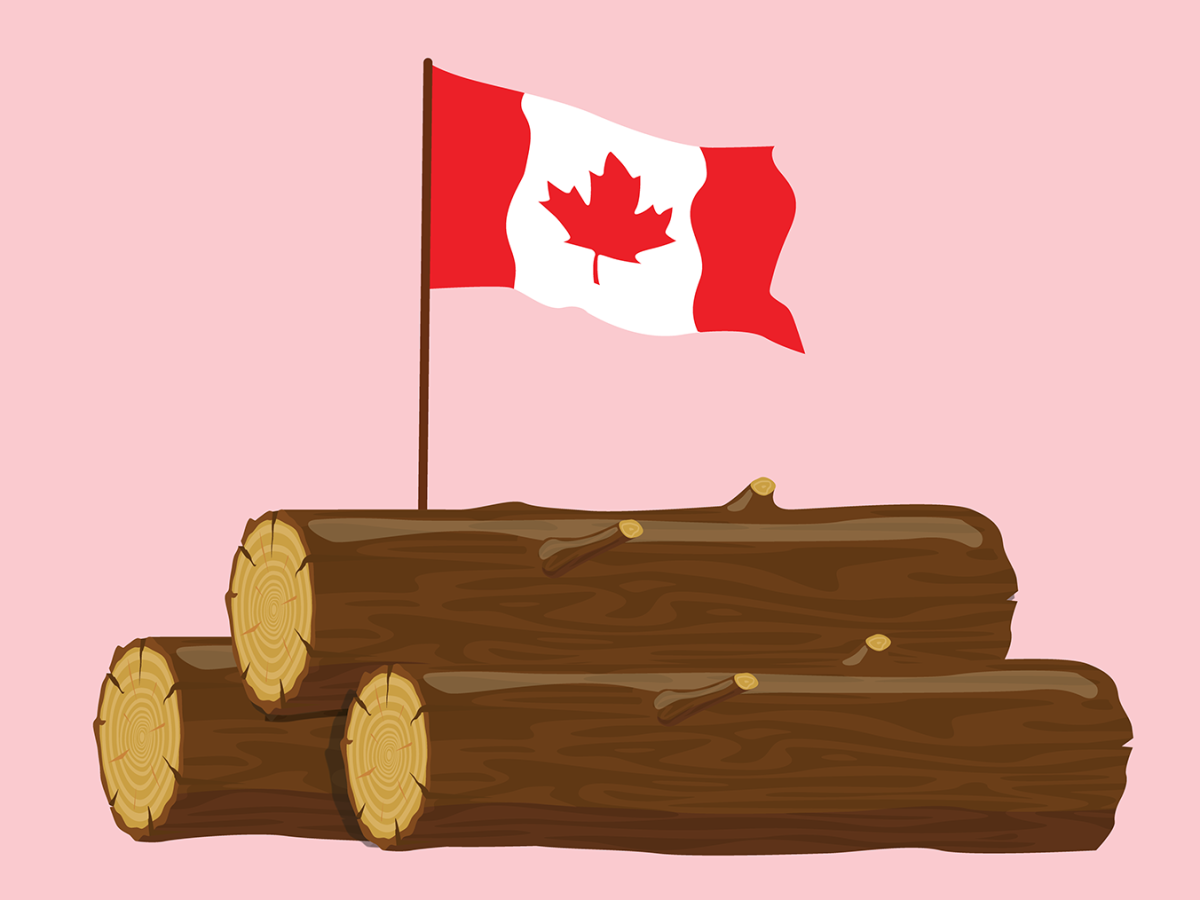Social media is an essential forum for ensuring a connection between people all over the world, holding government officials accountable and protecting our freedoms of democracy.
On Oct. 31, 2023, two Supreme Court cases were opened that call into question whether or not public officials can ban individuals online without violating free speech, potentially changing the way in which social media and free speech co-exist.
These cases will set a precedent for how censorship is approached online, and if censorship is allowed, the culture of social media will forever be damaged.
Social media is supposed to be an open digital space for us to escape the world and express ourselves freely. Censorship will turn social media into a metaphorical “Wild West” and become distasteful.
The question of censorship first sparked federal interest during Donald Trump’s presidential term when Trump became notorious for banning online trolls or those with differing viewpoints on social media.
Because of this, Manhattan Federal Judge Naomi Reice Buchwald ruled that Trump did not have the right to block users on X, then Twitter.
In her ruling Buchwald wrote, “While we must recognize, and are sensitive to, the President’s personal First Amendment rights, he cannot exercise those rights in a way that infringes the corresponding First Amendment rights of those who have criticized him.”
While it may have seemed that Trump’s case would set a precedent on this matter, the newly opened cases have expanded the issue.
One of the cases involves Kevin Linke of Port Huron, Michigan, who was blocked by local city managerJames Freed.
Linke had frequently visited and commented on Freed’s personal Facebook page, as Linke thought that the posts were public information.
Freed, however, viewed Linke’s comment as aggressive and blocked him from the account. Freed maintained that the account was personal and in no way affiliated with any public office or policy.
When Linke sued Freed at the local courts, they agreed with Freed and ruled that he was not using any kind of state authority to infringe on Linke’s freedom of speech.
Now that the case is going to the Supreme Court, Linke’s lawyers plan to argue that the social media account is no longer personal once the individual posts something pertaining to the office they hold.
While private citizens may freely block other users as they wish, government officials are public entities. If they block someone, it is a public statement on ideologies.
Just because someone disagrees with the standpoint of a public official, that does not justify suppressing the voices of the individual.
Social media is a platform for the voiceless to be heard by anyone in the world. Censorship puts the very foundation of that idea at risk.































































































































































